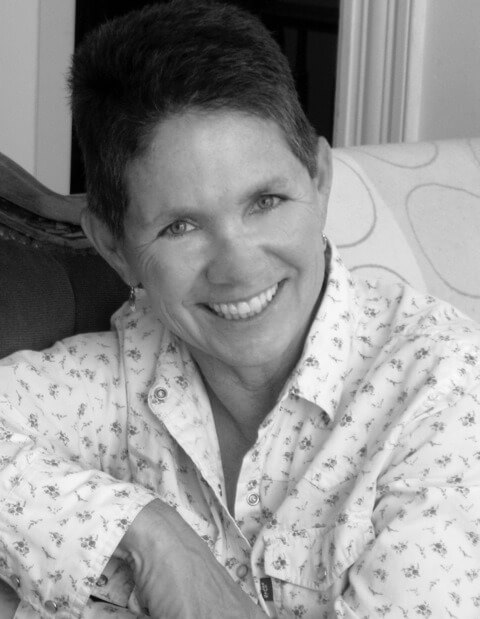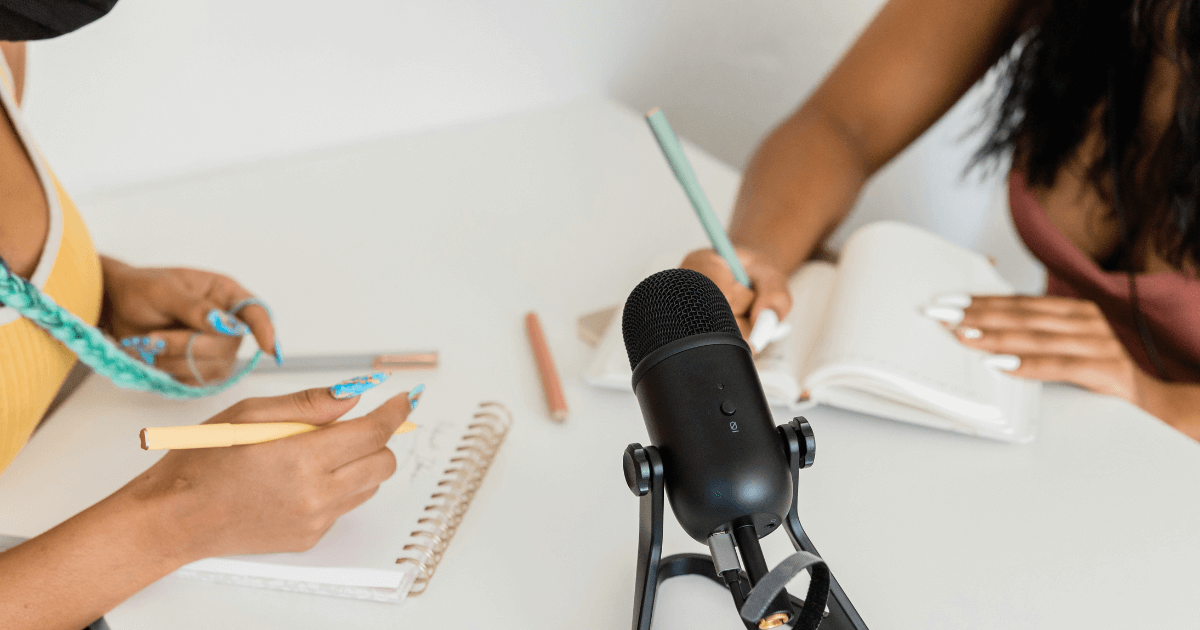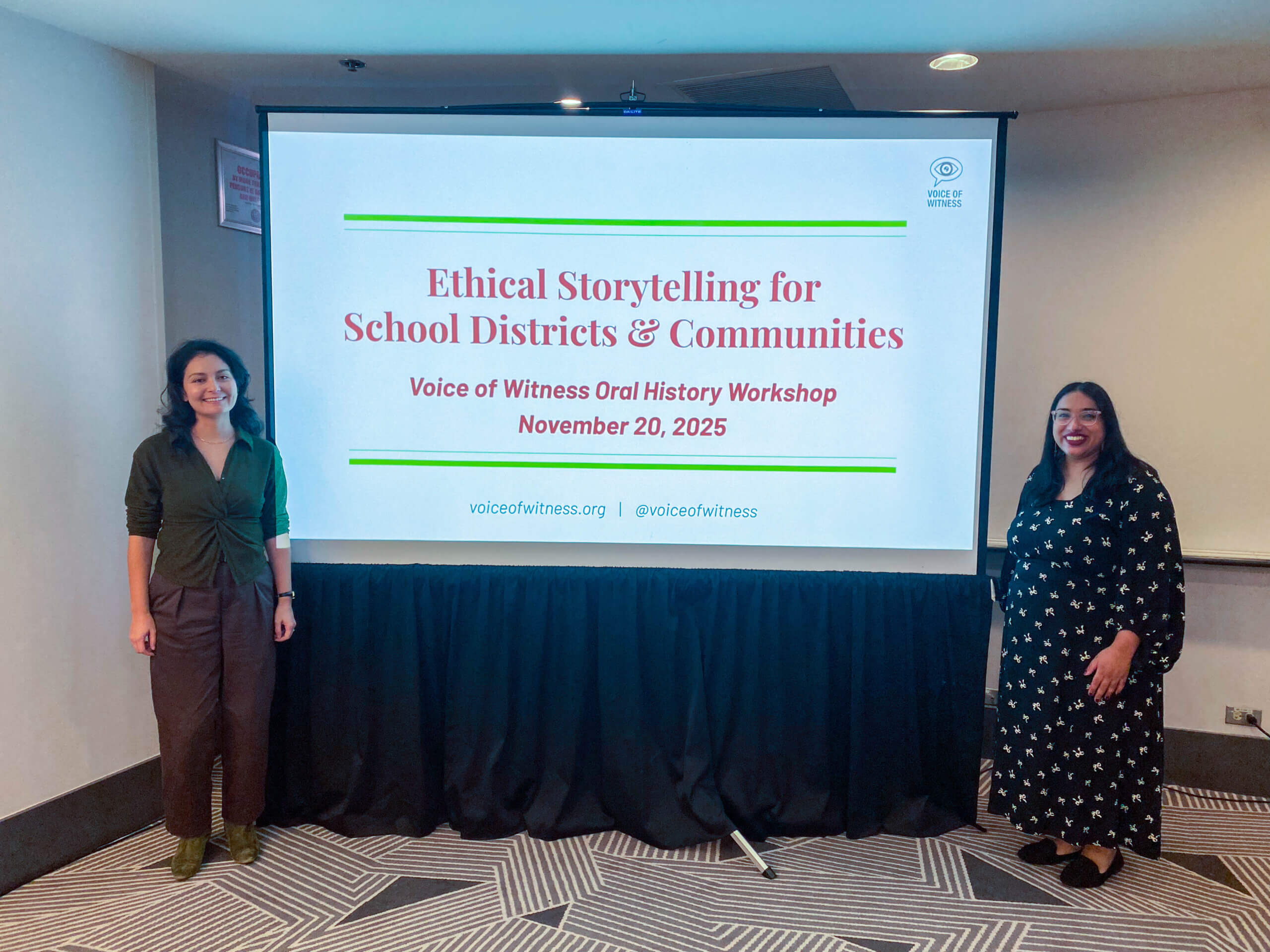
By Joell Hallowell
Joell is a writer, editor, and experimental filmmaker living in San Francisco. Her books include Lawfully Wedded Wives (Spuyten Duyvil, 2013) and Take Me to the River (Heyday Books, 2010). With Meg Withers (interviewed on WordMothers tomorrow), she recently co-edited the poetry/photography book, Shadowed: Unheard Voices, an anthology of 34 women poets responding to old photographs of anonymous women from the early 20th Century.
My first experience in the realm of oral histories was as a videographer. For several years I stood silently behind the camera, listening to great stories and observing the oral historian’s techniques as together we collected over sixty video interviews based around one central issue. I was in the wide-angled position to observe what worked, and what didn’t; when the interviewer missed an opportunity, when impatience arose on his face, when he’d glance at his watch, check his notes, peak out the window as a car passed by. I cringed at every missed opportunity, every un-followed thread. As I prepared and edited the videos, I gradually began to understand that some of the least successful interviews were those in which the interviewer knew too much about his subject—he’d been to that restaurant, known that family. He’d heard a similar story before.
Inadvertently, I spent those years learning to be an interviewer, but when it came time to set out on my own I thought it might be wise to pursue a more academic understanding of the oral history process. The highest rated how-to book on Amazon was dry and flat, with rules and suggestions that didn’t reflect what I’d learned in the field. The concept of gathering conversations was never mentioned, but that’s what I wanted to do. I was one of those kids who begged to sit at the grown-ups’ table, for the sake of their stories. I gobbled up every detail of my parents’ childhood and their youthful adventures, and loved when inexplicable laughter was connected to the terrifying symptoms of my grandparent’s decline.
Driven by inquisitiveness, I’ve become a pretty good listener, but it’s difficult to maintain a spirit of curiosity when you know too much. After interviewing dozens of fishermen along the San Joaquin River, I’d learned about local fishing holes and soon found it difficult to maintain my sense of wonder. Once I’d heard all about the same “secret” riffle twenty times, it was impossible to ask again: “Where is that? Why do the fish congregate there?” Instead, I had to ask for something new every time, something that I was still curious about: “Who took you there the first time? What was his story?”
I’ve recently interviewed a series of disconnected narrators: a man who’s dedicated his life to preserving copies of obscure 16mm film noir; the first undocumented student to be accepted into UCSF’s medical school; a man attempting to preserve the ruins of a wool mill near a mission in Solvang; the woman who founded the California Oak Foundation; and a transgender honor student at U.C. Berkeley. In all of those interviews it was easy to bring my natural curiosity to the process. I knew nothing. I knew little about the challenges of trans people, had absolutely no appreciation for film noir, and no real knowledge of oak trees—I was able to remain fascinated throughout many hours of interviews. I sometimes asked naïve questions, and dug deeper into the narrators’ worlds, well past the subject we’d met to discuss. We had naturally flowing conversations in which I admitted my knowledge gaps. But sometimes even the least informed interviewer will know too much. After 15 years and hundreds of interviews, I now follow these simple guidelines, all contrary to popular opinion:
Don’t plan any questions. Don’t bring a list. Arrive with no ideas, no opinions. Don’t think ahead, don’t set goals. Forget who you are. Pretend you are somebody else, somebody who has never visited Oklahoma, never shot a squirrel, never stepped on a rattlesnake. If you’ve heard a story like this before, put it away. If you’ve ever fished from a river, forget the feel of the tug on your line. If you know anything about fighter jets, erase all familiarity. Un-remember that you’ve ever read Jack London. Let go of all that you believe to be true.
There’s something she’s never told anybody, and she might tell you. You want to hear a secret, to hear another secret. If you’ve seen his face before, the deep lines and creases, the pond-shaped brown spot across his cheek, don’t mistake him for your grandfather. You don’t know this man.
Let yourself believe that you’ve never been there before. Don’t say: “I was there once with my mother, have you tried their ginger cake?” Instead say: “What happened there?” Say: “And then what happened?” Say: “Tell me more.” Say: “Really?” Say: “Wow.” Be ready to hear terrifying details. Be ready to let yourself laugh.
Always record your interview, but never take notes. Never look down, never look out the rippled window and wonder what she might say next. Don’t worry that he hasn’t gotten to the point, made a case, made you cry. Let her tell you all about what it feels like to drink from a trough like a cow, and once she’s told you her story, ask her to tell you again. If you’ve ever been thirsty, take a sip of your water now and forget what thirst tastes like. Always bring water to an interview, a glass for her and a glass for you. Then say: “Really?” Say: “Then what happened?” Say: “Wow.”




